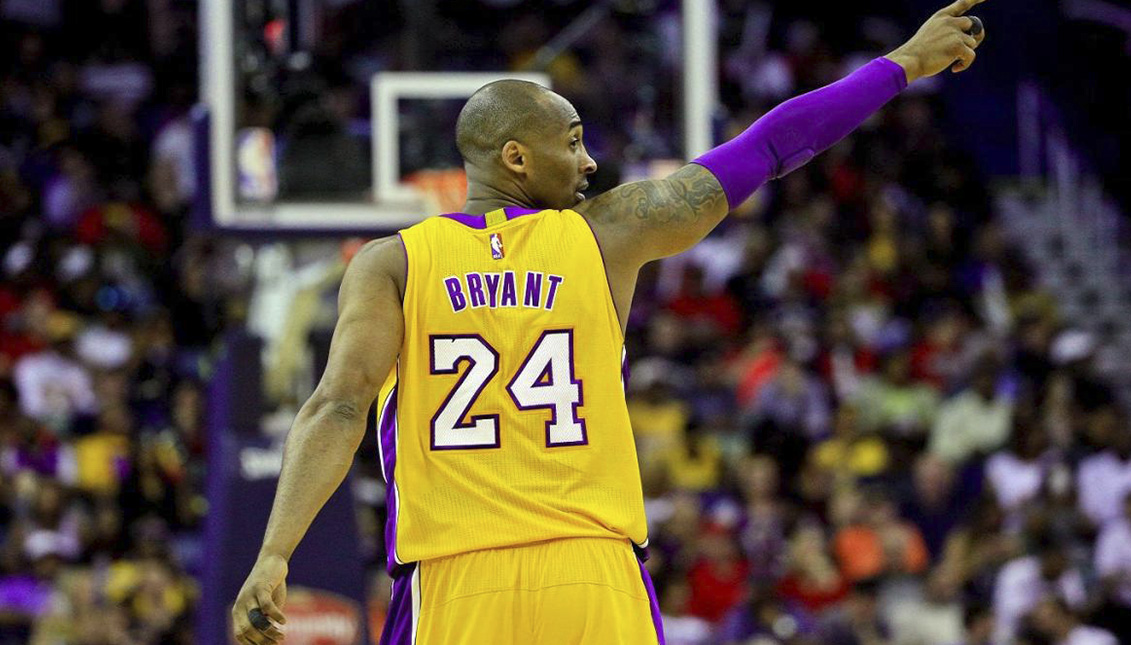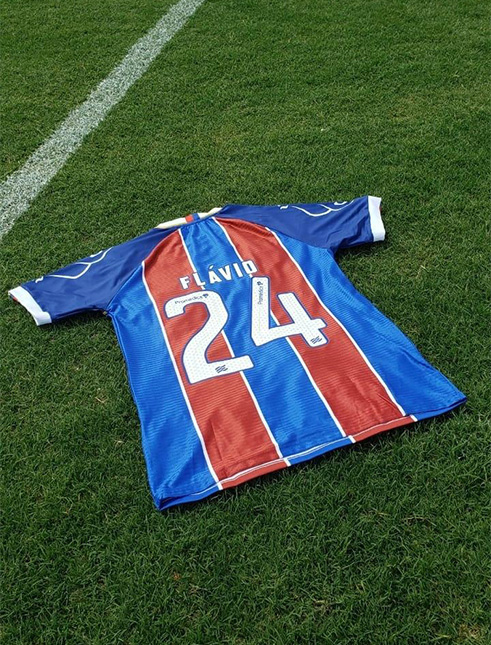
Kobe Bryant's death ends the "taboo" of number 24 in Brazil
The Lakers' star has inspired a Brazilian football campaign to fight homophobia.
Each country defines animals in its own way. In Brazil, a country that since the arrival of Bolsonaro has had to face not only social but also institutional homophobia, the deer is associated with homosexuality.
But also curiously, with the number 24, a number that no sportsman wants to wear on his shirt anymore to avoid being the object of the most unpleasant jokes and insults.
The story comes from afar and has as its protagonist a controversial gambling game, "the Game of the Bug," which was invented in the late 19th century by Baron João Batista Viana Drummond, founder of the Rio de Janeiro Zoo, to promote the park and which for years has been used to make illegal multi-million dollar bets, such as the one that in 2012 uncovered the case called "The Finger of God," a money-laundering operation through samba schools.
Its appearance is almost childish; in "the bug" each card is related to an animal and a number: the one is the ostrich, the eight is the camel, and the twenty-four is the deer!
But after last Sunday's terrible news of basketball star Kobe Bryant's death, who wore a proud 24 on his Lakers jersey, prejudices about this number are now numbered.
The Bahia club and the football magazine Corner have started initiatives to end the stigma, according to Reuters.
The first was Corner, which released a social media campaign with the hashtag #PedeA24 (ask for 24) in which they shared pictures of different players wearing the number on their jerseys.
The Bahian first division club also asked its players to wear the 24th to send a powerful message about diversity and respect to their fans and encouraged other clubs to do the same.
"Football can be a channel to accentuate the worst things in our society, such as racism, aggression, violence, and intolerance, but it can also be used in different ways, for the benefit of culture, affection, sensitivity and to improve human relations," said Bahia's president, Guilherme Bellintani.
RELATED CONTENT
"We think that clubs have to choose whether they will be channels for love or hate. We choose love."

Last summer, Brazil took an important step for the LGBTQ+ community after the country's Supreme Court decided that acts of homophobia and transphobia would be considered crimes of the same gravity as racism - with sentences of up to five years in prison. A necessary social advance that did not please President Bolsonaro, who has always boasted of being a "proud homophobe."
Around the same time, the legendary Argentine gay rugby club Ciervos Pampas, a pioneer in sexual diversity in Latin America, competed on the field with the inclusive Brazilian club Tamandúas-Bandeira. The winner was the LGBTQ+ community.
"When we enter the field it is a political act because we are making sexual diversity visible in rugby," said Deer President Caio Varela at the time.
Despite these triumphs, homophobia is still an endemic problem in the Latin American country, where a crime of sexual orientation occurs every 16 hours, especially against transgender people, 124 of whom died last year alone. According to Exame, there are more than 550 deaths because of homophobia yearly and reports of violence have increased by more than 200% by 2019.











LEAVE A COMMENT: